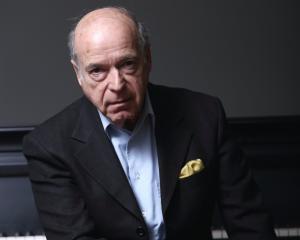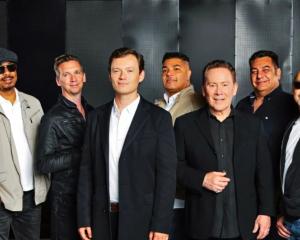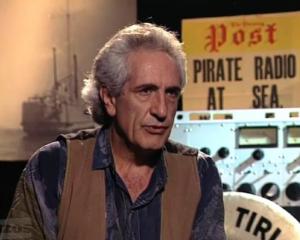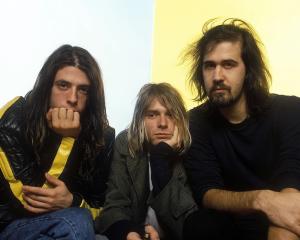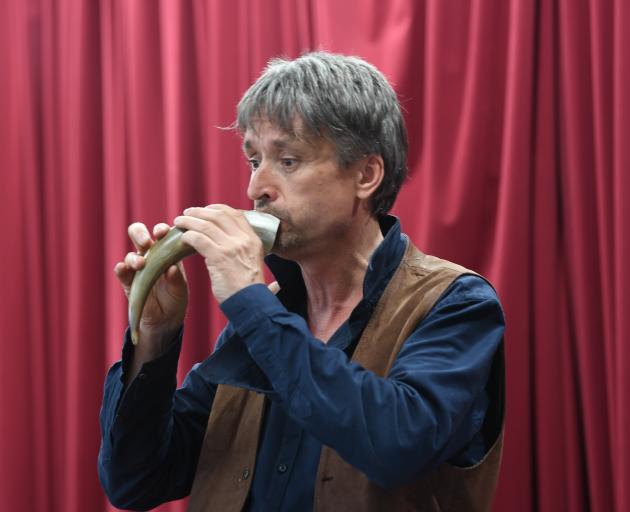
Red Priest
Glenroy Auditorium
Wednesday, March 27
REVIEWED BY MARIAN POOLE
A packed house was charmed and thrilled by a going-for-broke baroque evening with Red Priest.
With their rock-star reputation intact, Red Priest raced through a repertoire of baroque music with unmatched vitality.
Slower numbers were nicely added into the mix, resulting in an extremely pleasing programme. More reliant on melody than notes rapidly fired in a multiplicity of convolutions, they added much-needed reprieve for players and audience.
Recorder player Piers Adams and baroque violinist Adam Summerhayes sashayed down the aisles to the delight of the audience. The combined sound of the ensemble worked extremely well.
Harpsichordist David Wright delivered a fiendishly dazzling improvisation in Bach's Brandenburg Concerto No 5 with disarming nonchalance.
Baroque cellist Angela East produced some great sonorities, sometimes with gritted determination, to be heard above the recorder.
Adams played the whole gamut of recorder with amazingly fast agility. His wit and theatricality highlighted the instruments' duelled lines.
Summerhayes produced some beautiful jazzy inflections and slides on the violin. His introduction of the melodica and guitar kept the ensemble's textures vibrant and versatile and healthily non-purist.
The programme was indeed ``truly, madly baroque'' and replete with highlights.
The seriously twisted constructions in Bach's Brandenburg Concerto could have become more accessible if performed at a less devilish pace.
Works worth singling out for their excellence include the ethereal harmonics in Lochatelli's Labyrinth, the inventively evocative recorder in Eyck's The English Nightingale, J.S. Bach's serenely beautiful Adagio for Sonata in G minor, the apt use of the melodica in Royer's laconic L'Amiable, the bent fiddle notes in Bach's Brandenburg No 5, the on-fire performance of Handel's Passacaglia in G minor and finally the delirium nocturnum in Tartini's The Devil's Trill.
Such brilliance will live in the ear for many a day yet.

